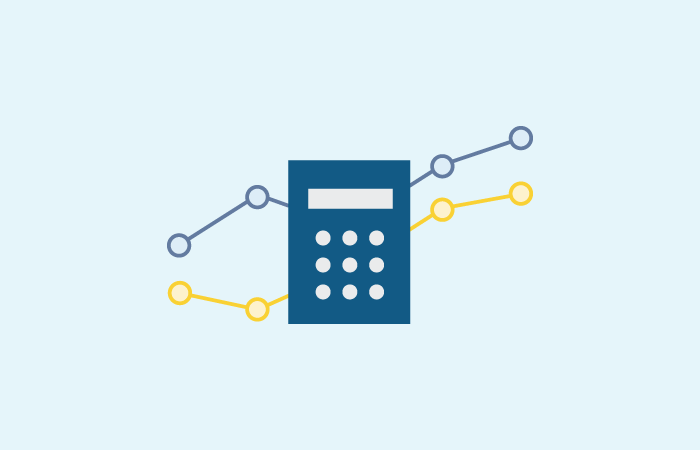Garver Moore, Managing Director of Abrigo Advisory Services, said the regulators’ statement provided helpful communication for community financial institutions and their borrowers and members during the responsive phase of the pandemic.
“When we talk about ‘kicking the can down the road,’ we usually mean it’s time to pick up the can now,” Moore said. “In cases like this, can-kicking is the right action. To be clear, many businesses will never be able to recover from this, and many will require more than temporary restructures of their debt in order to survive.”
The statement isn’t communicating that the pandemic cannot cause a TDR, he noted. It is communicating that “broad and acute actions,” such as a 90-day forbearance or interest-only periods, do not create a TDR.
However, the guidance will make it more palatable for financial institutions seeking to help borrowers during the coronavirus crisis, and it was sought by bankers, including the Independent Community Bankers of America (ICBA). The FDIC chairman had earlier asked FASB to exclude coronavirus-related modifications from being labeled a concession when determining a TDR, saying that while regulators encouraged working with borrowers, institutions worried modifications would trigger a TDR classification.

Among the challenges associated with loan workouts, three out of four financial institutions (71.4%) reported that maintaining appropriate ALLL or allowance for credit loss as applicable for loan modifications is a top concern, according to the Abrigo survey. Loans determined to be TDRs are considered impaired for allowance purposes under the incurred loss method for calculating the allowance for loan and lease losses, triggering additional accounting and reporting requirements for financial institutions still reporting the ALLL under the legacy accounting standard. Meanwhile, financial institutions estimating losses under the current expected credit loss standard, or CECL, are required to factor in expectations of TDRs when considering the expected life of an asset. They should factor in not only whether a TDR is reasonably expected, but also the anticipated terms of modification as well as how those might affect assumptions of the CECL model.
Regulators said they view loan workouts as positive actions that can mitigate adverse effects on borrowers, adding that they will not criticize institutions that “mitigate credit risk through prudent actions consistent with safe and sound practices.”
“The agencies consider such proactive actions to be in the best interest of institutions, their borrowers, and the economy,” regulators said. “The agencies also will not criticize institutions that work with borrowers as part of a risk mitigation strategy intended to improve an existing non-pass loan.”
Federal and state banking regulators have announced several moves that will make it easier for banks and credit unions to offer short-term relief to borrowers affected by the Coronavirus Disease 2019, or COVID-19, crisis.






